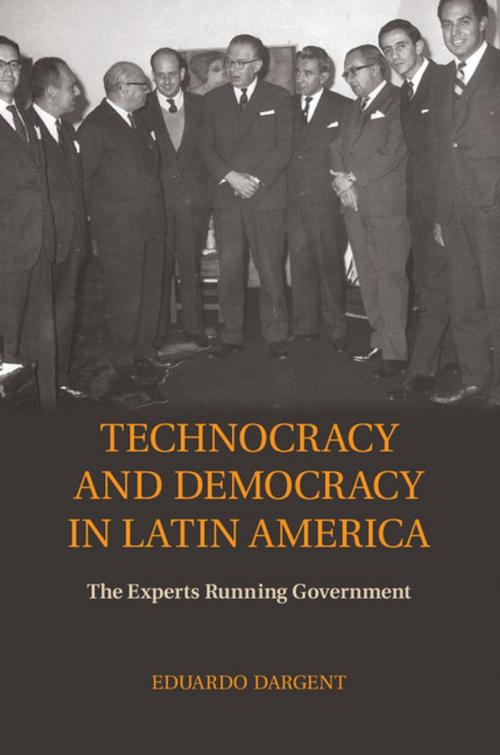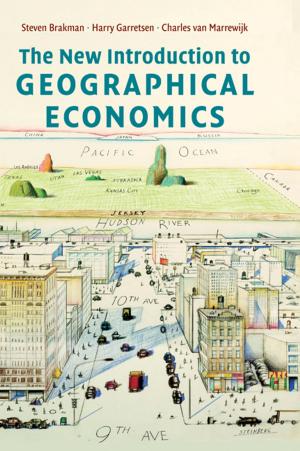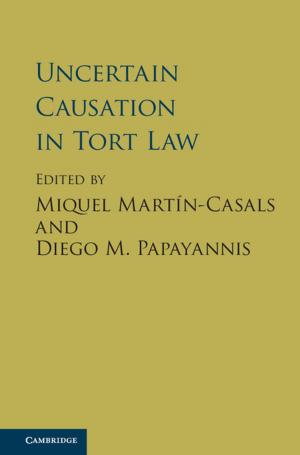Technocracy and Democracy in Latin America
The Experts Running Government
Nonfiction, Social & Cultural Studies, Political Science, International, Foreign Legal Systems, Government| Author: | Eduardo Dargent | ISBN: | 9781316189436 |
| Publisher: | Cambridge University Press | Publication: | November 10, 2014 |
| Imprint: | Cambridge University Press | Language: | English |
| Author: | Eduardo Dargent |
| ISBN: | 9781316189436 |
| Publisher: | Cambridge University Press |
| Publication: | November 10, 2014 |
| Imprint: | Cambridge University Press |
| Language: | English |
Praised by some as islands of efficiency in a sea of unprofessional, politicized and corrupt states, and criticized by others for removing wide areas of policy making from the democratic arena, technocrats have become prominent and controversial actors in Latin American politics. Nonelected state officials with advanced educations from top universities, technocrats achieve considerable autonomy from political and economic actors and exert great influence over their countries' fates. This finding poses an intriguing paradox. These experts lack an independent base of authority, such as popular election, and the tenure enjoyed by professional bureaucrats. What, then, explains the power of technocrats in democratic Latin America? Why do they enjoy and maintain greater policy influence in some areas than in others? Through analysis of economic and health policy in Colombia from 1958 to 2011 and in Peru from 1980 to 2011, Technocracy and Democracy in Latin America answers these and other questions about experts in Latin America.
Praised by some as islands of efficiency in a sea of unprofessional, politicized and corrupt states, and criticized by others for removing wide areas of policy making from the democratic arena, technocrats have become prominent and controversial actors in Latin American politics. Nonelected state officials with advanced educations from top universities, technocrats achieve considerable autonomy from political and economic actors and exert great influence over their countries' fates. This finding poses an intriguing paradox. These experts lack an independent base of authority, such as popular election, and the tenure enjoyed by professional bureaucrats. What, then, explains the power of technocrats in democratic Latin America? Why do they enjoy and maintain greater policy influence in some areas than in others? Through analysis of economic and health policy in Colombia from 1958 to 2011 and in Peru from 1980 to 2011, Technocracy and Democracy in Latin America answers these and other questions about experts in Latin America.















